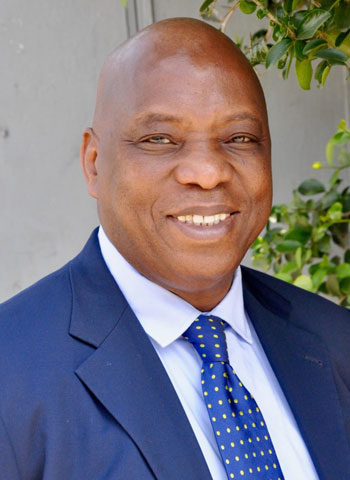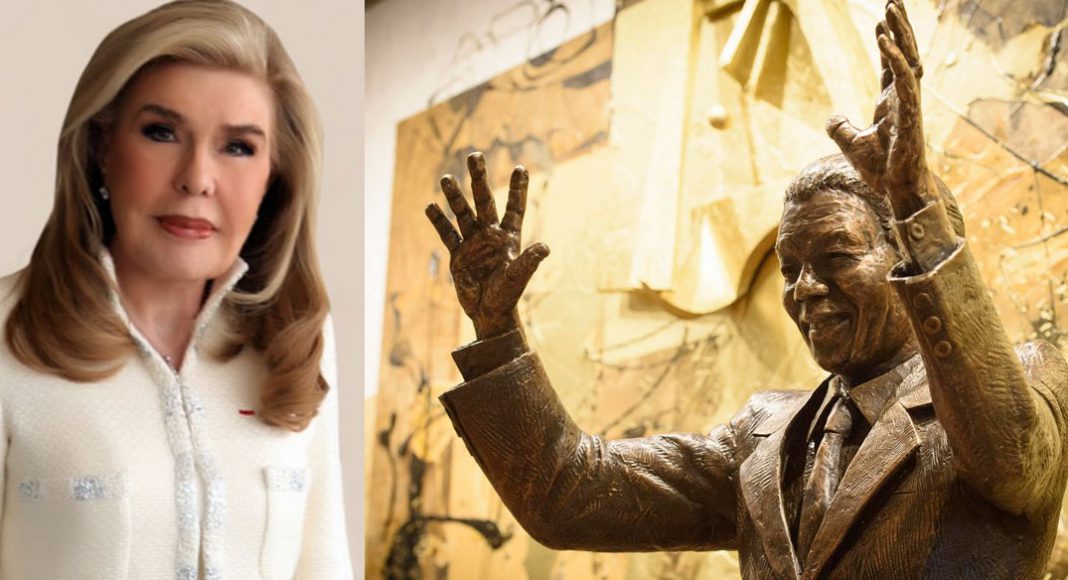Greek activist Marianna Vardinoyannis, along with Guinean doctor Morissana Kouyaté, are the winners of the 2020 Nelson Mandela Prize.
The 2020 Nelson Mandela Prize, which is awarded every five years, recognises those who dedicate their lives to the service of humanity. Kouyaté and Vardinoyannis will be unveiled during a virtual ceremony on 20 July ahead of an in-person award ceremony which will take place at a later date at UN Headquarters in New York.
The Prize is one of the ways the UN commemorates the life and legacy of Nelson Mandela, the first democratically-elected President of South Africa, and a life-long rights activist who was instrumental in ending the racist apartheid era in the country. The 2020 Prize was awarded just ahead of Nelson Mandela International Day, held annually on 18 July.
Marianna V. Vardinoyannis

Marianna Vardinoyannis received the Mandela Prize due to her incredible work with children’s cancer treatment for over 30 years.
Ms. Vardinoyannis is the founder and president of two foundations dedicated to children: the “Marianna V. Vardinoyannis Foundation” and “ELPIDA Friends’ Association of Children with cancer.” Notably, the ELPIDA association was instrumental in setting up the first bone marrow transplant unit in Greece, in 1999, and the country’s first oncology hospital for children, in 2010.
Her foundation also supports programmes for the medical care of refugee children and other vulnerable social groups, human rights education, programmes, and the fight against human trafficking.
Ms. Vardinoyannis has been a UNESCO Goodwill Ambassador since 1999.
Morissanda Kouyate

As Executive Director of the Inter-African Committee on Harmful Traditional Practices (IAC), Dr. Kouyaté is a leading figure in efforts to end violence against women in Africa, including Female Genital Mutilation (FGM). He has received several international humanitarian awards for his work.
Dr. Kouyaté created IAC in 1984 in Dakar, Senegal, at a time when FGM was a highly controversial and sensitive issue for discussion.
The organization aims, through education, to change attitudes towards the practice, and allow all African women and children to fully enjoy their human rights, free from the consequences of FGM, and other harmful practices.
